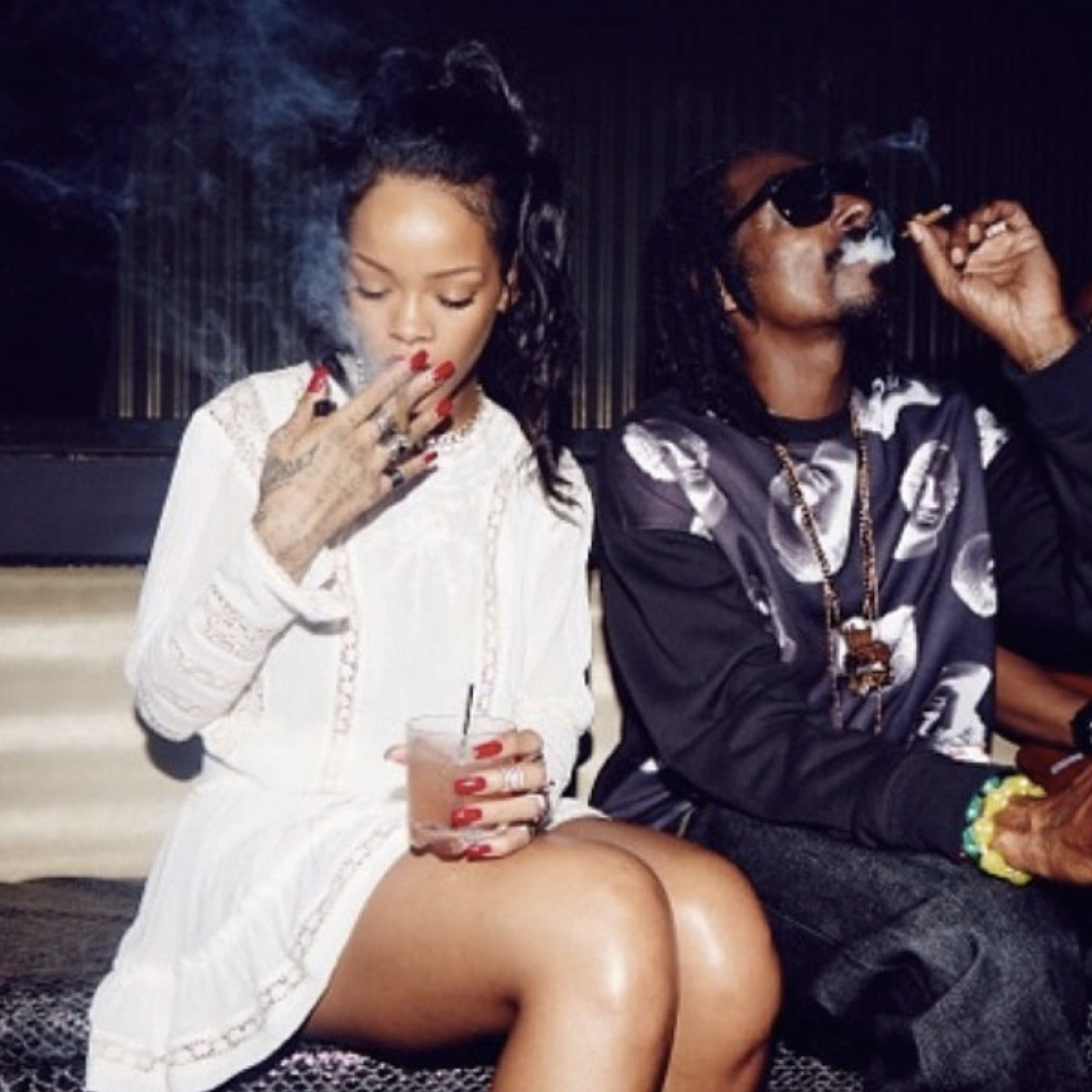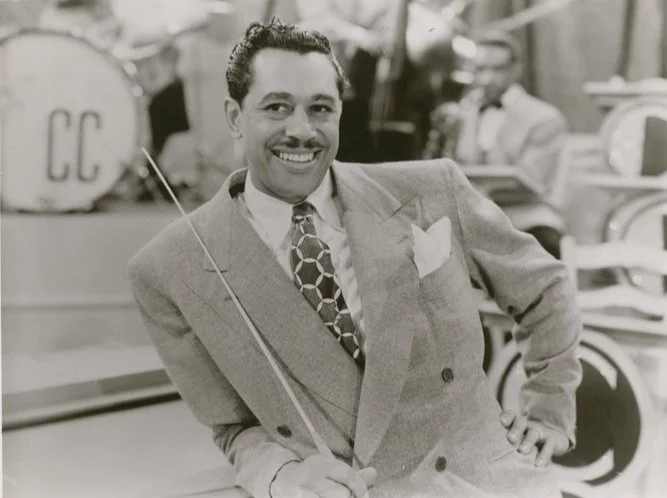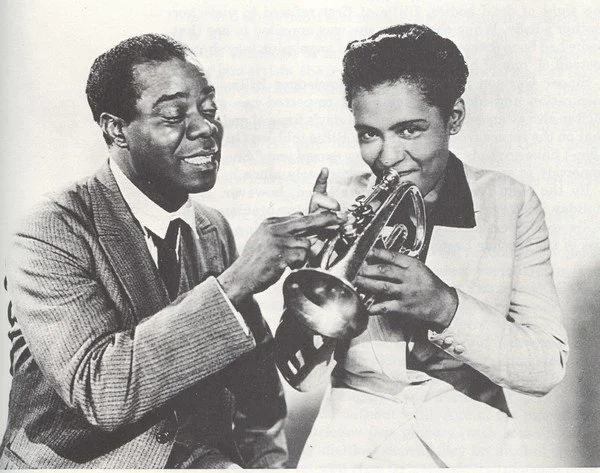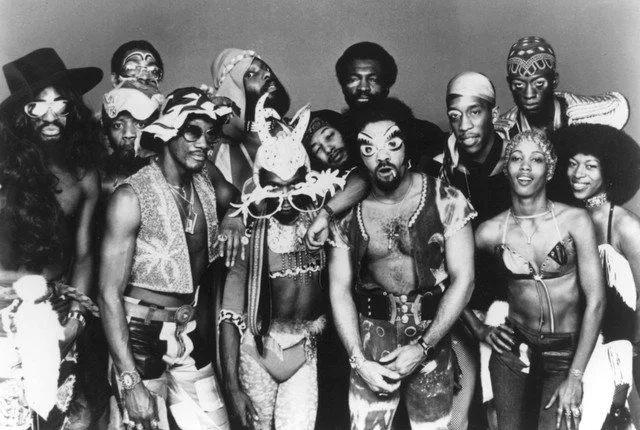From 'Muggles' to Hip-Hop: How Cannabis Has Shaped Black Music in the U.S.
Rihanna and Snoop (instagram)
Cannabis has been interwoven with the evolution of Black American music for nearly a century, starting with jazz legends like Louis Armstrong and continuing through the rise of hip-hop. This timeline traces how cannabis culture grew alongside these genres, influencing their sound, lyrics, and communities.
From Armstrong’s “Muggles” to Snoop & Dre’s The Chronic, we explore how cannabis has fueled creativity, defiance, and unity in Black American music.
1920s-1930s: The Jazz Era and the Rise of the Vipers
Louis Armstrong & "Muggles" (1928): Louis Armstrong’s famous track “Muggles” became a cannabis anthem among jazz musicians. His group, the “Vipers,” was part of a cannabis subculture where weed fueled creativity and camaraderie.
Cab Calloway’s “Reefer Man” (1932): Calloway’s playful song highlighted the cannabis culture in Harlem and beyond.
Cultural Impact: Cannabis, or "gage," was a staple of the jazz scene, influencing the laid-back yet complex rhythms that defined the genre, especially in the segregated nightlife of places like Chicago and Harlem.
Cab Calloway (THE NEW YORK PUBLIC LIBRARY)
1940s-1950s: Jazz, Bebop, and the Struggles of Criminalization
Billie Holiday & Cannabis: Billie Holiday was part of the cannabis-using jazz community, using the herb to help navigate the challenges of racism and her demanding career. Her emotional depth and improvisation were often linked to the relaxing effects of marijuana.
Dexter Gordon’s Cannabis Rituals: Legendary saxophonist Dexter Gordon incorporated cannabis into his performances, believing it helped heighten his musical improvisation and creativity during the bebop era.
Cultural Impact: Though cannabis was becoming criminalized, jazz musicians continued to use it as a tool for artistic expression and as an escape from racial oppression, pushing the boundaries of jazz into bebop and beyond.
Louis Armstrong & Billie Holiday
1960s-1970s: Funk and the Soul Revolution
Funk and Cannabis: As funk emerged, cannabis was deeply intertwined with the psychedelic and laid-back elements of the genre. Artists like George Clinton and Parliament-Funkadelic took the mellow vibes of cannabis and channeled them into spacey, mind-bending grooves that defined an era.
Cultural Impact: Funk musicians embraced cannabis not just for personal creativity but as a symbol of resistance against the rigid conformity of the time, continuing the tradition of cannabis as a countercultural force.
Funkadelic (George Clinton archives)
1980s-1990s: The Hip-Hop Movement and Cannabis Mainstreaming
Cypress Hill (1991): One of the earliest hip-hop groups to openly celebrate cannabis, Cypress Hill’s Black Sundayand hits like “Insane in the Brain” made weed a central part of hip-hop culture.
Dr. Dre & Snoop Dogg (1992): The release of The Chronic and Doggystyle mainstreamed cannabis culture within hip-hop, with weed becoming a core part of the West Coast sound and lifestyle. Snoop Dogg became a cultural ambassador for cannabis, with his laid-back persona and open advocacy.
Cultural Impact: Cannabis became synonymous with hip-hop culture, celebrated as a symbol of rebellion, leisure, and creativity. It moved from the fringes of jazz clubs to mainstream America via MTV and radio.
Snoop Dogg - Doggystyle Records / Empire)
2000s-Present: Weed and the New Wave of Hip-Hop
Wiz Khalifa (2009-present): Wiz Khalifa’s music, from Kush & Orange Juice to Rolling Papers, made cannabis a key theme, reflecting the normalization of weed within mainstream hip-hop. His entrepreneurial ventures in cannabis further solidified his place in weed culture.
Modern Trends: Cannabis use remains a core part of hip-hop identity, reflected in the music, fashion, and lifestyle of artists like Curren$y and Future.
Cultural Impact: With the legalization of cannabis spreading across the U.S., the connection between weed and hip-hop has become more accepted and celebrated, with artists turning their love for the herb into business ventures and advocacy for legalization.
Closing
Cannabis has not only been a source of creative inspiration but has also symbolized freedom and resistance for Black musicians in America. From jazz to hip-hop, marijuana's influence on Black music has shifted from underground movements to mainstream success, reflecting the changing dynamics of both music and social attitudes.
Immerse yourself in this musical legacy by exploring the tunes and stories where cannabis and Black American music intersect, and celebrate the ongoing impact of this powerful cultural connection.






